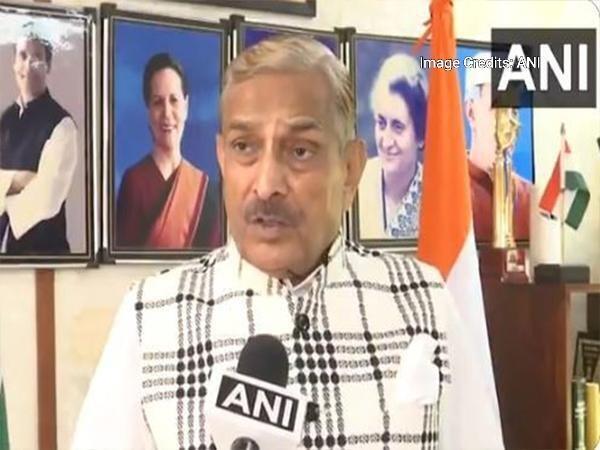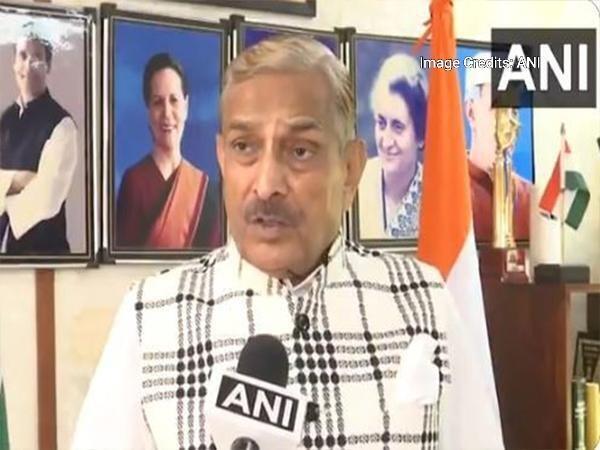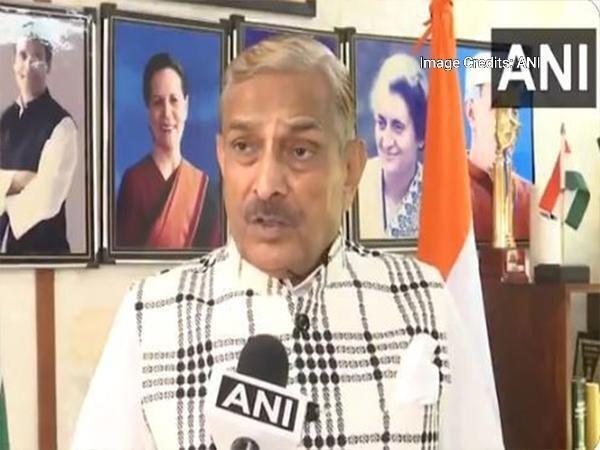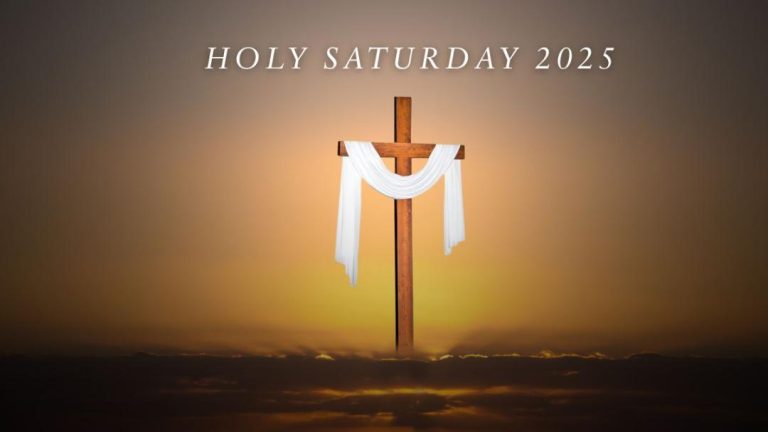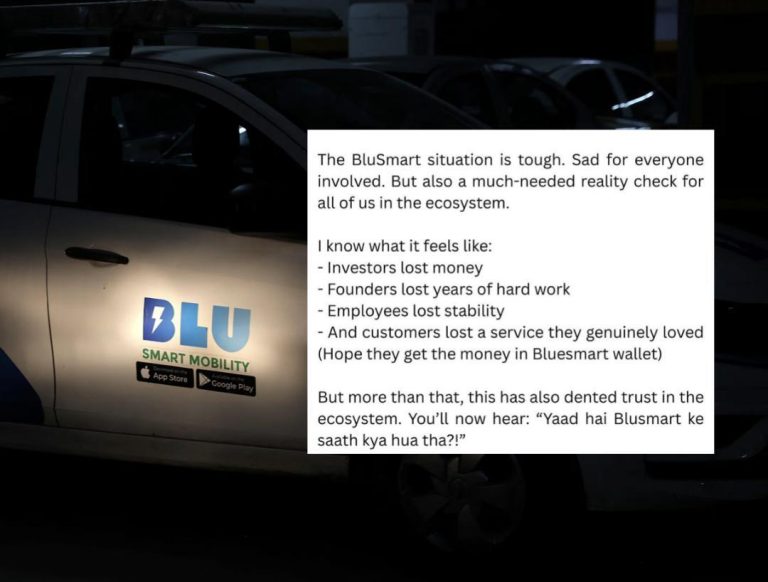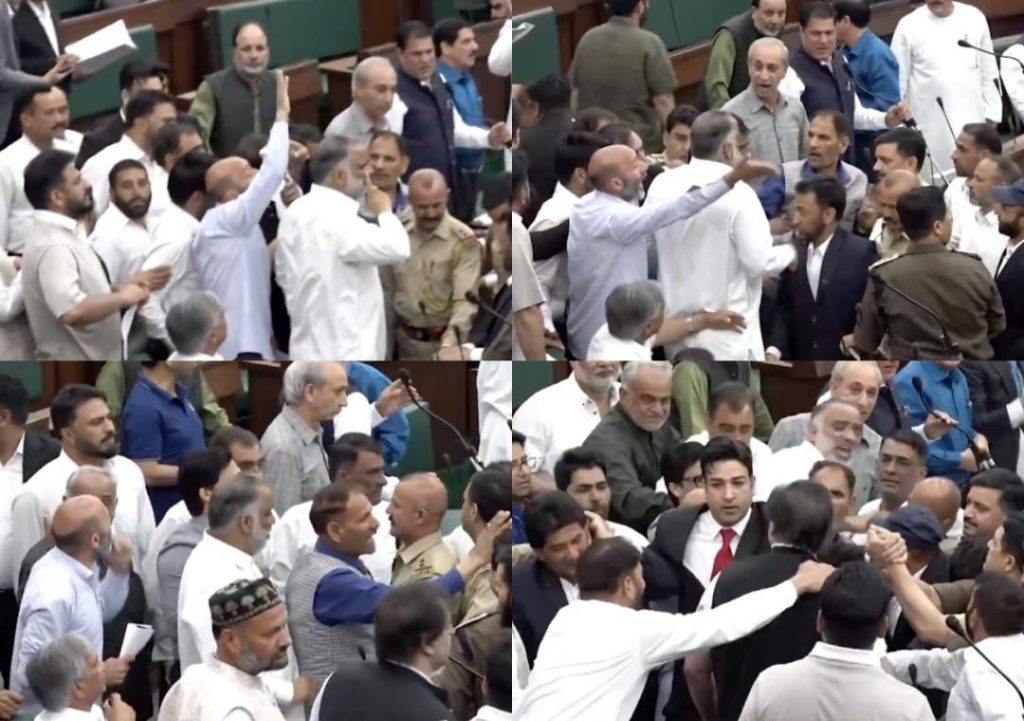
Ruckus inside J&K Assembly continues for second day over Waqf Act
The Jammu and Kashmir Assembly witnessed yet another tumultuous day on Tuesday as opposition parties continued to demand a discussion on the Waqf Act, leading to the adjournment of the House for 30 minutes. This is the second consecutive day that the Assembly has been disrupted due to the controversy surrounding the Act.
On Monday, the Assembly was adjourned after Speaker Abdul Rahim Rather denied a motion moved by National Conference MLAs to adjourn Question Hour to discuss the Waqf Act. The opposition parties had accused the government of trying to push the Act through without a discussion, despite its potential far-reaching implications.
On Tuesday, the National Conference (NC) and the Peoples Democratic Party (PDP) MLAs once again raised the issue of the Waqf Act, demanding a discussion on the matter. The NC MLAs, led by party president Farooq Abdullah, staged a walkout from the Assembly after their demand was rejected by the Speaker.
“We will not let the government bulldoze us on this issue. We demand a discussion on the Waqf Act and we will continue to protest until our demands are met,” said Abdullah, while addressing the media outside the Assembly.
The PDP MLAs also joined the NC MLAs in their protest, demanding a discussion on the Act. “The government is trying to suppress the voices of the people. We demand a discussion on the Waqf Act and we will not rest until our demands are met,” said PDP MLA, Abdul Rashid.
The Waqf Act is a contentious issue in Jammu and Kashmir, with many opposing its implementation. The Act aims to provide for the management and administration of Waqf properties, which are considered to be a sacred trust for the Muslim community.
However, many have raised concerns that the Act may lead to the government taking control of Waqf properties, which could potentially be used to further its own interests. The opposition parties have also accused the government of trying to divide the society on communal lines by implementing the Act.
In response to the protests, the government has maintained that the Act is necessary to ensure the proper management and administration of Waqf properties. “The government is committed to implementing the Waqf Act to ensure the proper management and administration of Waqf properties,” said a government spokesperson.
The government has also accused the opposition parties of trying to create a controversy where none exists. “The opposition parties are trying to create a controversy over the Waqf Act. The Act is necessary to ensure the proper management and administration of Waqf properties,” said the spokesperson.
The ruckus inside the Assembly is expected to continue on Wednesday, with the opposition parties likely to continue their protests against the government’s decision to implement the Waqf Act.
In conclusion, the ruckus inside the Jammu and Kashmir Assembly over the Waqf Act is a clear indication of the deep-seated divisions within the state’s political landscape. The opposition parties are determined to continue their protests against the government’s decision to implement the Act, while the government remains committed to its implementation.
Only time will tell whether the government will be able to push the Act through, or whether the opposition parties will be able to succeed in their efforts to block its implementation. One thing is certain, however, the controversy surrounding the Waqf Act is likely to have far-reaching implications for the people of Jammu and Kashmir.
